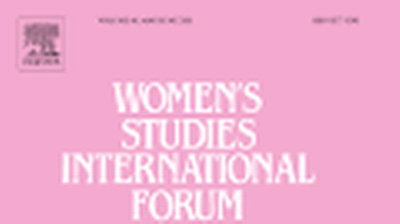Background Children initially hospitalized with severe anaemia in Africa are at high risk of readmission or death within 6 months after discharge. No intervention strategy specifically protects children during the post-discharge period. Recent evidence from Malawi shows that 3 months of post-discharge malaria chemoprevention (PMC) with monthly treatment with artemether-lumefantrine in children with severe malarial anaemia prevented 31% of deaths and readmissions. While a confirmatory multi-centre trial for PMC with dihydroartemisinin-piperaquine is on going in Kenya and Uganda, there is a need to design and evaluate an effective delivery strategy for this promising intervention. Methods This is a cluster-randomized trial with 5 arms, each representing a unique PMC delivery strategy. Convalescent children aged less than 5 years and weighing more than 5 kg admitted with severe anaemia and clinically stable are included. All eligible children will receive dihydroartemisinin-piperaquine at 2, 6 and 10 weeks after discharge either: 1) in the community without an SMS reminder; 2) in the community with an SMS reminder; 3) in the community with a community health worker reminder; 4) at the hospital with an SMS reminder; or 5) at the hospital without an SMS reminder. For community-based strategies (1, 2 and 3), mothers will be given all the PMC doses at the time of discharge while for hospital-based strategies (4 and 5) mothers will be required to visit the hospital each month. Each arm will consist of 25 clusters with an average of 3 children per cluster giving approximately 75 children and will be followed up for 15 weeks. The primary outcome measure is uptake of complete courses of PMC drugs. Discussion The proposed study will help to identify the most effective, cost-effective, acceptable and feasible strategy for delivering malaria chemoprevention for post-discharge management of severe anaemia in under-five children in the Malawian context. This information is important for policy decision in the quest for new strategies for malaria control in children in similar contexts.
http://dx.doi.org/10.1186/s12887-018-1199-3



